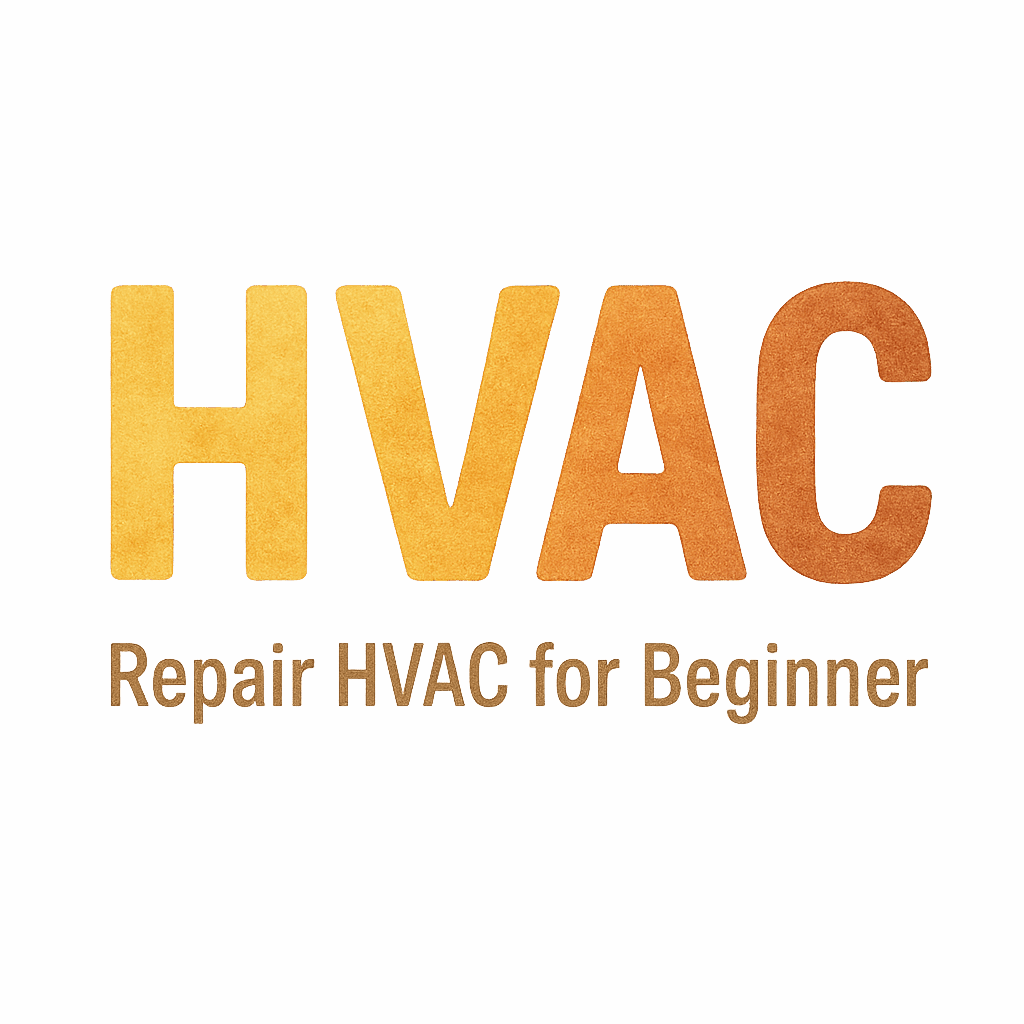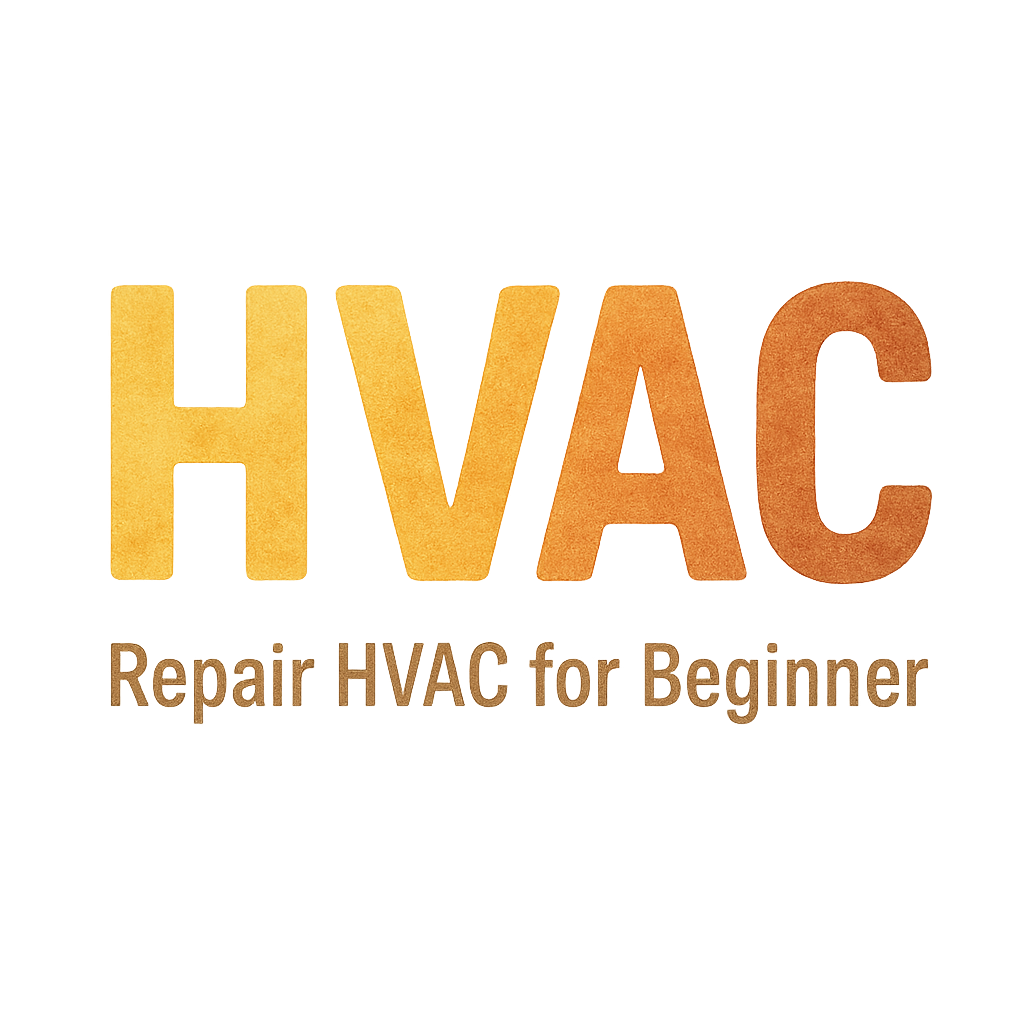Introduction
When the temperatures rise in summer or dip during winter, the last thing you want is for your HVAC system to fail. Your HVAC (Heating, Ventilation, and Air Conditioning) system is a crucial part of your home’s comfort, but just like any mechanical system, it requires regular maintenance to perform at its best. Neglecting these tasks can lead to costly repairs, breakdowns, and uncomfortable living conditions.
In this article, we’ll walk you through 6 HVAC maintenance tips that will help you prevent expensive repairs, improve your system’s performance, and save you money. Whether you’re dealing with an old system or maintaining a new one, these tips are essential for ensuring the longevity and efficiency of your HVAC setup.

What is HVAC Maintenance?
Before we dive into the tips, let’s first clarify what HVAC maintenance is all about. HVAC maintenance involves a series of routine checks and tasks that ensure your system runs efficiently. This includes everything from cleaning air filters to inspecting ductwork, refrigerant levels, and the thermostat. Regular maintenance helps to prevent sudden breakdowns, improve energy efficiency, and extend the life of your system.
Tip 1: Regular Filter Replacement
Why Filter Maintenance is Crucial
One of the most basic yet essential tasks for maintaining your HVAC system is replacing the air filters regularly. Air filters trap dust, debris, and allergens to keep the air in your home clean and free from pollutants. If the filters become clogged, the airflow through your system is restricted, which forces your HVAC unit to work harder, increasing energy consumption and potentially causing breakdowns.
How Often Should You Replace the Filter?
- Every 1-3 months: Depending on your home environment and system usage, filter replacement frequency may vary.
- During allergy season: If you live in an area with high pollen counts, it’s a good idea to replace filters more frequently to improve indoor air quality.
Read more about HVAC filter maintenance and its importance here.
Tip 2: Clean the Coils
Types of Coils in HVAC Systems
Your HVAC system has two critical types of coils—evaporator coils and condenser coils. Both serve essential functions in regulating air temperature:
- Evaporator coils absorb heat from the air inside your home.
- Condenser coils expel heat from the refrigerant to the outdoor air.
Over time, dirt and grime can accumulate on these coils, reducing their efficiency and forcing your system to work harder. If left uncleaned, this can result in costly repairs or even a system failure.
How to Clean the Coils
- Turn off the power: Always shut off the power to your HVAC system before cleaning.
- Use a soft brush: Gently scrub off any dust and debris from the coils using a soft-bristled brush.
- Clean the fins: Straighten any bent fins with a fin comb.
If you’re unsure how to clean your HVAC system’s coils properly, consider contacting a professional for HVAC maintenance cleaning services.
Tip 3: Inspect and Clean the Ductwork
How Dirty Ductwork Affects Efficiency
Your HVAC system relies on ductwork to carry conditioned air throughout your home. When ducts become clogged with dust, debris, or even mold, airflow is restricted, making your system less efficient. In some cases, dirty ducts can even lower indoor air quality, which can exacerbate allergies or respiratory issues.
Signs You Need to Clean the Ducts
- Visible dust around vents: If your vents are constantly dusty, it’s a sign that the ducts need attention.
- Uneven heating or cooling: If some rooms are too hot or too cold, there could be blockages in the ducts.
Learn more about how to clean HVAC ducts effectively in our ductwork maintenance guide.
Tip 4: Check Refrigerant Levels
Low Refrigerant and Its Consequences
Refrigerant is the lifeblood of your HVAC system. It is responsible for absorbing and releasing heat, making the cooling process possible. If your system is low on refrigerant, it won’t be able to cool your home effectively, and it could cause the compressor to overheat. This can lead to costly repairs or even a complete system failure.
How to Check Refrigerant Levels
A professional HVAC technician should handle refrigerant checks and recharging. They will inspect your system’s refrigerant levels and refill it as needed. If you’re experiencing cooling problems, don’t hesitate to schedule a refrigerant level inspection.
Tip 5: Test the Thermostat
How an Out-of-Range Thermostat Can Lead to Issues
Your thermostat is the control center for your HVAC system. If it’s not working properly, your system could be blowing hot air when you want cool air, or vice versa. A faulty thermostat also causes inefficiency, as your HVAC unit will not be running at the correct temperatures, wasting both energy and money.
What to Look For
- Incorrect temperature readings: If the thermostat shows a different temperature than the actual room temperature, it may need recalibration or replacement.
- Unresponsive thermostat: If the thermostat doesn’t adjust or turn the system on, it’s time for a professional inspection.
If you suspect your thermostat is malfunctioning, consider visiting our HVAC troubleshooting page for solutions.
Tip 6: Hire a Professional for Annual Inspections
Why Professional Service is Essential
While routine DIY maintenance is essential, nothing beats an annual inspection from a professional HVAC technician. Annual inspections ensure that all components of your system are functioning properly. The technician will inspect the coils, ductwork, refrigerant levels, thermostat, and other components to catch any issues early.
What’s Included in an Annual Inspection?
- Comprehensive system check: A professional technician will assess all parts of your HVAC system.
- Cleaning and maintenance: The technician will clean the system, replace filters, and handle any necessary repairs.
- System optimization: A technician will optimize your system’s performance, ensuring energy efficiency.
To schedule an annual inspection, visit our HVAC professional services page.
How HVAC Maintenance Can Save You Money
Regular HVAC maintenance isn’t just about preventing breakdowns—it’s also about saving money. Here’s how:
- Lower energy bills: An efficient HVAC system consumes less energy, saving you money on your monthly utility bills.
- Fewer repairs: Well-maintained systems are less likely to experience major breakdowns, saving you money on repairs.
- Longer system lifespan: By taking care of your HVAC system, you extend its lifespan, delaying costly replacements.
By keeping up with routine maintenance, you’ll see significant savings in the long run.
Signs Your HVAC System Needs Immediate Attention
Certain signs indicate that your HVAC system requires urgent attention. If you notice any of the following, it’s time to call a professional:
- Unusual noises: Grinding or banging sounds can signal issues with the compressor or motor.
- Water leaks: Leaking water around your HVAC system can indicate a problem with the condensate drain or coils.
- Inconsistent temperatures: If some rooms are much colder or warmer than others, your system may be malfunctioning.
For troubleshooting tips and professional repair services, check out our HVAC troubleshooting guide.
The Consequences of Ignoring HVAC Maintenance
Neglecting HVAC maintenance can lead to serious consequences:
- Increased energy bills: A poorly maintained HVAC system uses more energy, leading to higher utility costs.
- Frequent breakdowns: The longer you wait to service your system, the more likely it is to break down.
- Shortened lifespan: Lack of care can cause premature failure, meaning you’ll need to replace your system earlier than expected.
Conclusion
Proper HVAC maintenance is key to avoiding costly repairs and ensuring your system runs efficiently. By following these 6 HVAC maintenance tips, you can prevent unexpected breakdowns, improve energy efficiency, and extend the lifespan of your HVAC system. Regular maintenance not only saves you money but also keeps your home comfortable year-round.
For more HVAC tips and professional services, visit Champion HVAC Repair’s homepage.
FAQs
- How often should I replace my HVAC filters?
- Every 1-3 months, depending on usage and your home’s environment.
- Can I clean the coils myself?
- While you can try cleaning the coils yourself, it’s best to have a professional handle it to avoid damage.
- Why is my HVAC system blowing warm air?
- Possible causes include low refrigerant levels or thermostat issues. You may need a professional inspection.
- Is annual HVAC maintenance necessary?
- Yes, regular professional inspections ensure your system runs efficiently and can prevent costly repairs.
- What are the signs of refrigerant leaks?
- Warm air blowing from the vents and ice buildup on the coils are common signs.
- Can HVAC maintenance help with allergies?
- Yes, regular filter replacement and duct cleaning can reduce allergens in the air.
- How long does an HVAC system typically last?
- With proper care, an HVAC system can last anywhere from 15-20 years.


